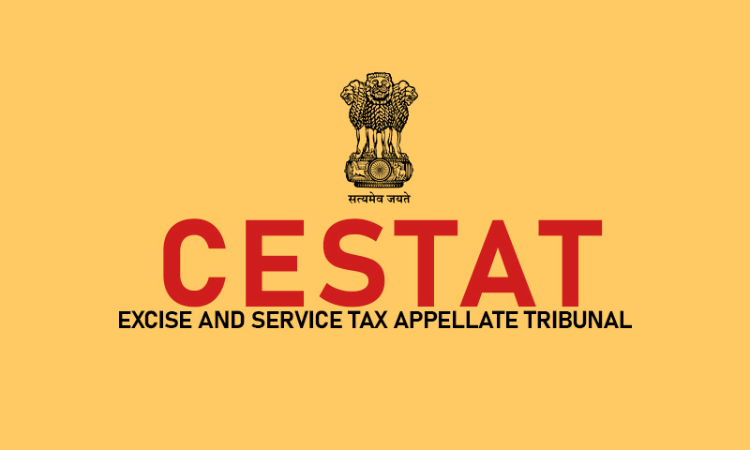The Delhi Bench of Customs, Excise, and Service Tax Appellate Tribunal (CESTAT) has held that the responsibility of the customs broker under Regulation 10(n) of the Customs Brokers Licensing Regulations, 2018 does not include keeping continuous surveillance on the client.The bench of Dilip Gupta (President) and P.V. Subba Rao (Technical Member) has observed that the responsibility of the...

